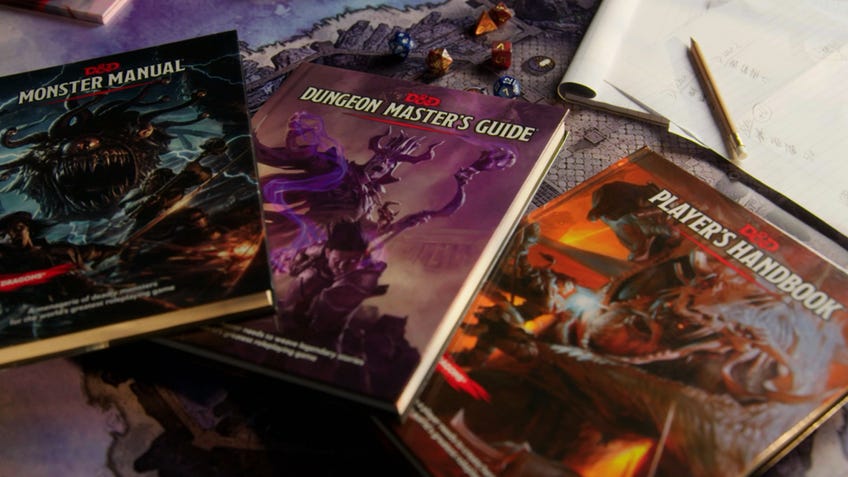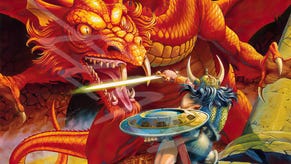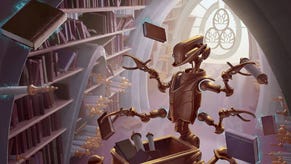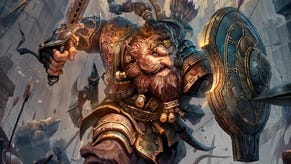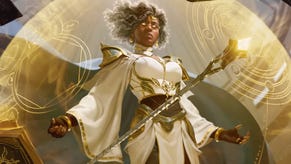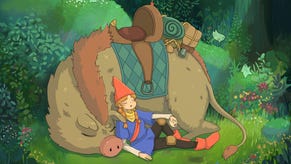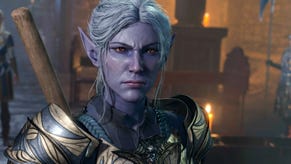Ending D&D editions is the cleverest - and most boring - choice for the RPG
Efficiency over evolution.
The inevitable has happened: recent evidence suggests that Dungeons & Dragons is doing away with new editions.
Announced as part of the recent Wizards Presents event, One D&D is what Wizards of the Coast – the publisher behind the tabletop roleplaying game – has nicknamed its new, seemingly unending next version of Dungeons & Dragons.
Due to arrive in 2024 with a new Player’s Handbook, Dungeon Master’s Guide and Monster Manual in tow, One D&D signals the end of new editions of the TRPG as we know it. During last month’s big reveal, senior story designer for D&D, Chris Perkins, even stated that: “We are no longer in the position where we think of D&D as an edition.”
Rather than any edits or changes arriving in a new edition – or even partly updated editions, such as with 3.5 - they’ll be released as running updates to One D&D. We don’t exactly know how these updates will be rolled out just yet, though we do know that D&D Beyond – the digital tabletop platform now owned by Wizards – is being tied even closer to Dungeons & Dragons, with players and DMs able to purchase D&D Beyond packs alongside the physical releases for the fantasy tabletop RPG. It’s possible - but not yet confirmed - that fans could be required to check for rule changes or updates via D&D Beyond, if they want to apply them to their campaigns and one-shots.
Fifth Edition has become the most played version of the game ever released. Why fix what isn’t broken?
This is certainly the most efficient method of implementing rule changes and updates to Dungeons & Dragons, chucking out the need to release an entirely new version of the game and keeping things as simple as possible for players. Most people don’t know the difference between D&D editions; whenever someone wants to begin playing the RPG, they just want to play "Dungeons & Dragons", not “D&D 5E”. There will undoubtedly be more people wanting to play Dungeons & Dragons, especially after Stranger Things’ latest season gave the game even more cultural real estate.
Removing the editions model makes a lot of sense from a pure business point of view. With the technology available to players and DMs, it’s easier than ever to use digital methods to roll out rule changes, particularly considering that Dungeons & Dragons is getting its own virtual tabletop service. It will be as simple as pushing out a quick update to the software or servers – however Wizards is planning to host its virtual tabletop – and providing a notification for players logging in.
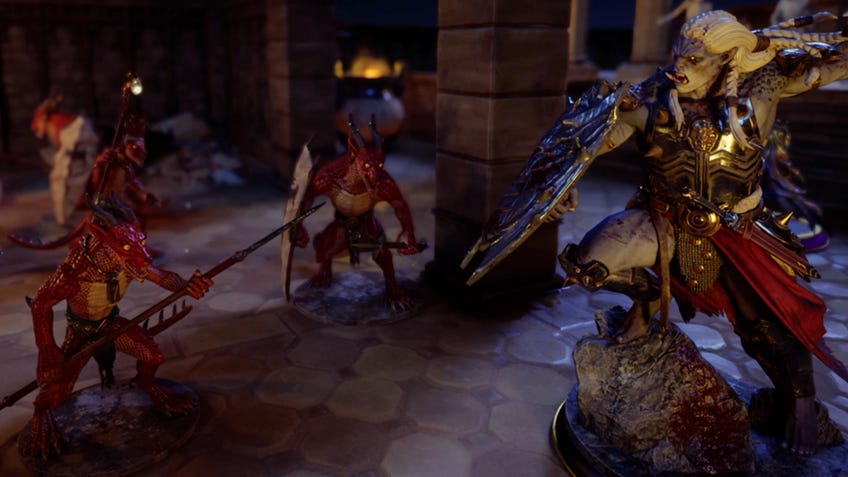
Of course, it won’t be so straightforward for players who exclusively use D&D physical books, but I get the feeling that they’re not the priority for Wizards. They might need to buy an updated version of the books from time to time, but if they want to play the latest changes then they should subscribe to D&D Beyond and the virtual tabletop services, right? At this point, Fifth Edition has become the most played version of the game ever released. Why fix what isn’t broken?
The sacrifice you make by exchanging an edition-by-edition model for one a regularly updated version, is that you lose the inclination to creatively swing for the fences.
Here’s the thing. There’s nothing wrong with 5E. Heck! I wouldn’t play any other edition of Dungeons & Dragons, because 5E manages to strike a pretty good balance between D&D’s roots as a wargame and its need to be accessible to as wide an audience as possible. Dungeons & Dragons is still far from the easiest tabletop RPG to digest – there are plenty of others I’d rather recommend to new players – but it doesn’t do a bad job considering where it’s come from and how many people it has to please.
Nevertheless, inoffensive isn’t exactly what I want most from a tabletop RPG. One D&D will certainly avoid upsetting anyone with sudden changes to the rules and gameplay, as all future changes are likely to be implemented gradually with smaller and more regular updates. However, this means that there won’t be any creatively bold or experimental changes being made either. The sacrifice you make by exchanging an edition-by-edition model for one a regularly updated version, is that you lose the opportunity or the inclination to creatively swing for the fences.
Dungeons & Dragons has a long and fascinating history, partly thanks to how the game has changed and evolved over the years. That hasn’t always been a steady, carefully curated process. Sometimes a new edition of D&D has been published that hasn’t landed well with everyone. When D&D’s Fourth Edition launched, there was more than a fair share of fans who were familiar with 3E by that point and didn’t take kindly to the changes introduced by the new edition.
Big changes make for big impacts and big reactions.
As someone who enjoys the roleplaying and storytelling aspects of Dungeons & Dragons over the wargaming elements, I’m certainly not an advocate for 4E – considering its emphasis on gameplay over roleplaying, something which was changed with the release of 5E. However, a new edition bringing in big dramatic changes certainly makes things more interesting than a few minor updates arriving on an online platform.
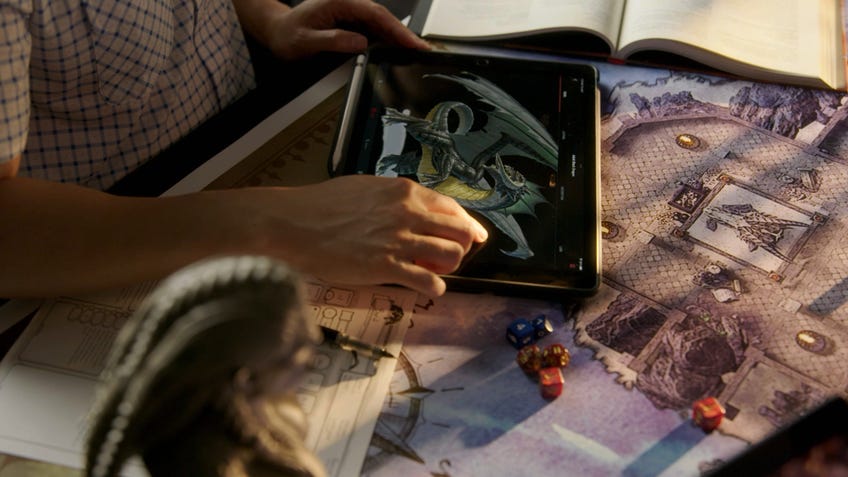
New editions offer the opportunity for big, ambitious changes to the way a game works. They might not be changes that everyone agrees with, but they keep the game alive in the general discourse and have led to some pretty rad offshoots of D&D, such as Pathfinder and OSR - the Old School Renaissance movement. Big changes make for big impacts and big reactions. These are the things that trigger the creation of something new, communities coming together to argue either for or against and the sharing of history.
This new model will undoubtedly help Wizards make money, but it won’t help D&D make history.
